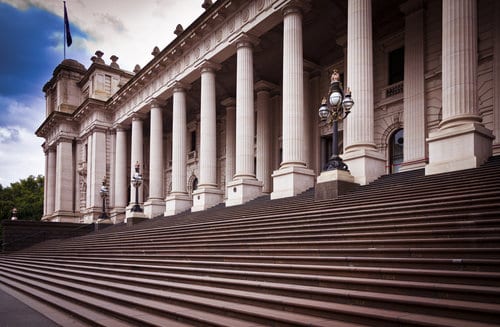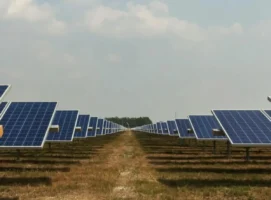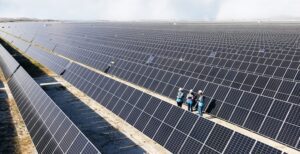
The Victorian Government will release its strategies to drive energy efficiency and renewables in the coming weeks, but the funding for these strategies was outlined in Victoria’s 2016-17 Budget yesterday.
While the Budget made major spending commitments for transport, health, education and domestic violence, funding for clean energy was much more modest, with $12.4 million allocated to the Renewable Energy Action Plan and $24.3 million to the Energy Efficiency and Productivity Strategy.
We understand that the Energy Efficiency and Productivity Strategy will contain a range of regulatory and non-regulatory measures, and only a handful of policies were announced in the budget, including
- $10 million to upgrade the efficiency of public housing and the homes of people with complex health conditions. This will include hot water systems, heating and cooling systems, insulation and draught proofing.
- $3 million to roll out Victoria’s ‘Residential Efficiency Scorecard’, which will be used for voluntary energy efficiency ratings for new and existing homes.
- $3 million to support small and medium sized businesses (SMEs) to obtain assessments to identify energy saving opportunities.
The Victorian Budget also allocated an additional $7.56 million to support investment and innovation in ‘new energy technologies’, which will fund a Virtual Centre for Climate Change Innovation and waste-to-energy projects. This expands the existing $20 million commitment to the clean energy industry, which is one of the 6 priority industry sectors targeted by the Future Industries Fund.
These are sensible policies that the council welcomes and supports. In particular, with over 3,000 Australian deaths each year linked to periods of hot and cold weather, upgrading public housing and vulnerable people’s homes will improve their comfort and save lives.
However, the Energy Efficiency Council is extremely concerned about the lack of clearly specified funding to improve the efficiency of government buildings.
Energy efficiency expert’s first priority for Victoria is upgrading the State’s hospitals, schools and other public buildings. Upgrading these buildings would create jobs, strengthen the budget and deliver better health and education services to the community. In addition, global experience shows that it’s a critical step to developing a vibrant market for energy efficiency goods and services.
In 2009 the Brumby Labor Government introduced a world-leading program to save energy in government operations, the Greener Government Buildings program. This program performed far beyond expectations, and over its 5 years it delivered more energy, carbon and financial savings than originally estimated. The Victorian Department of Treasury and Finance estimated that the program was on track to deliver over $2 billion in energy and maintenance savings, but in 2014 the former Victorian Coalition Government made changes that crippled the program.
Reintroducing the Greener Government Building Program should be the Government’s first priority for energy efficiency on financial grounds alone. Rating’s experts have indicated that this type of program would support the retention of Victoria’s AAA credit rating by reducing energy expenditure.
The Andrew’s Government has made real inroads to improve the state’s energy efficiency. Last year they strengthened the Victorian Energy Saver Incentive, and yesterday’s budget announced new funding for energy efficiency measures. However, their energy efficiency strategy will be missing a major plank if the Government doesn’t get their own house in order by upgrading their public buildings.
The Energy Efficiency Council urges Dan Andrews and Lily D’Ambrosio to ensure that the Victorian energy efficiency strategy improves the efficiency of schools, hospitals and public buildings.
Rob Murray-Leach, Head of Policy, Energy Efficiency Council








